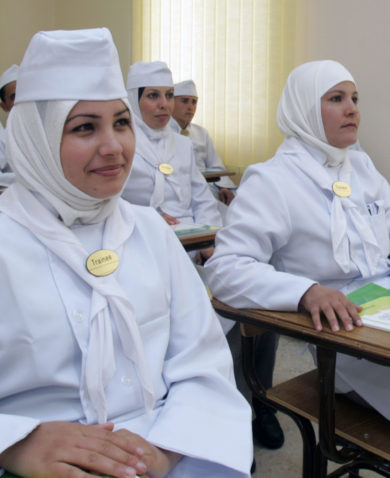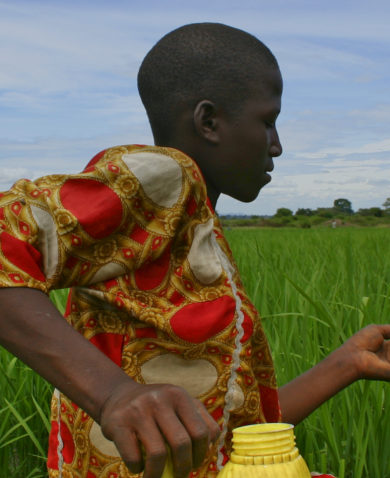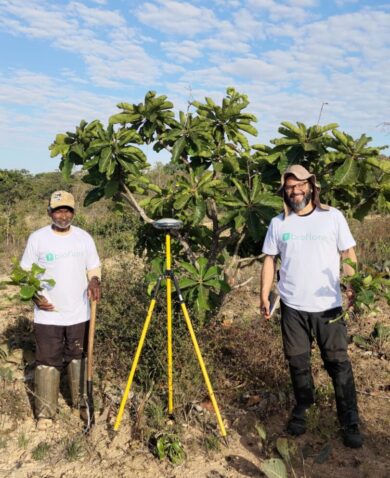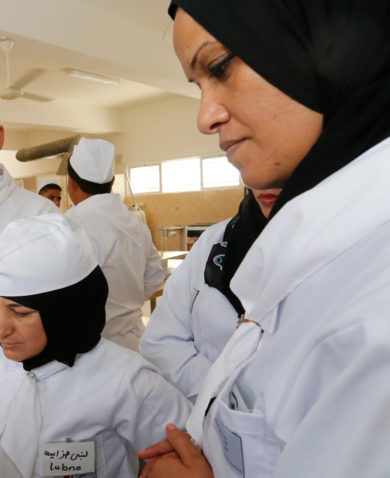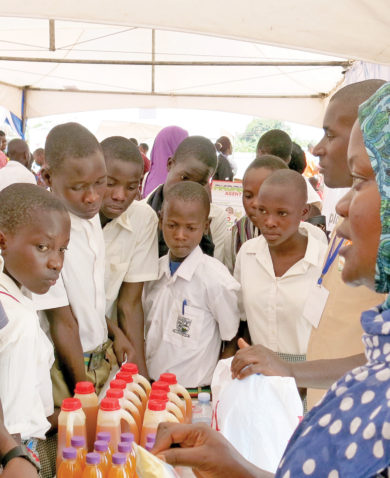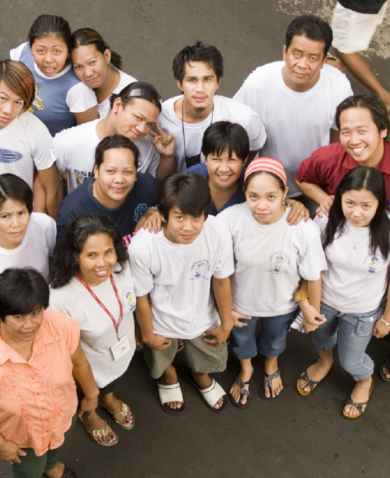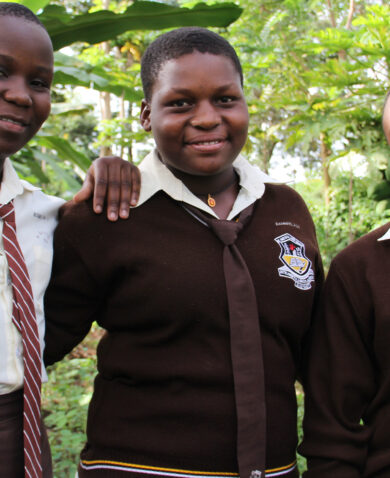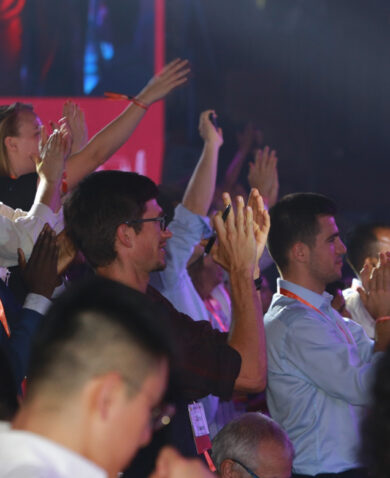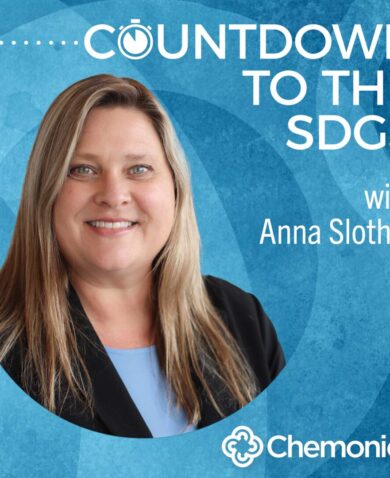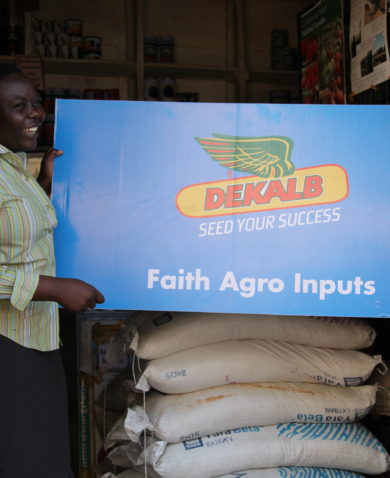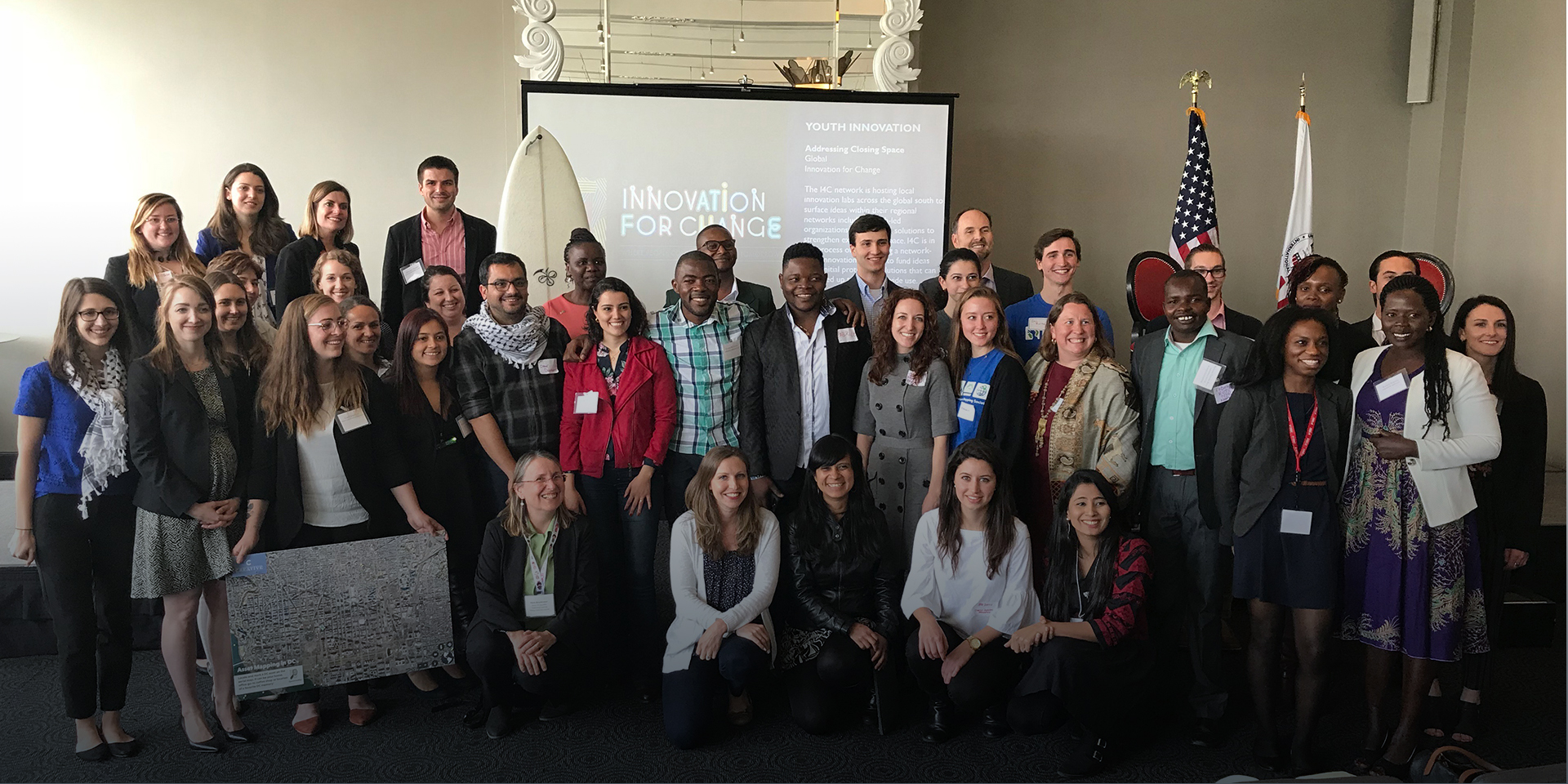
Chemonics News
News: Youth-Led Innovations: The Journey to Self-Reliance
April 23, 2018 | 3 Minute ReadOn Thursday, April 19, Chemonics joined USAID Administrator Mark Green to celebrate youth-led innovation for sustainable development outcomes.
On April 19, representatives from our Feed the Future Uganda Youth Leadership for Agriculture (YLA) activity, along with partner Equator Seeds Limited, joined USAID for an event entitled “USAID Youth-Led Innovations: The Journey to Self-Reliance.”
The event, held in Washington, D.C., and hosted by USAID, YouthCorps, and the Global Development Lab, brought together partners, donors, young global leaders, and USAID leaders in honor of Global Youth Service Day. Attendees learned about successful youth-led innovations from around the world and explored: Why should we engage youth as partners in innovation for sustainable development outcomes?
Administrator Green remarked on the important role youth plays in shaping the future, noting that there are 1.8 billion young people in the world today. This is the largest youth population in history. “There are pessimists out there that see this as a challenge,” he said. “We, at USAID, see it as the greatest opportunity in history.”
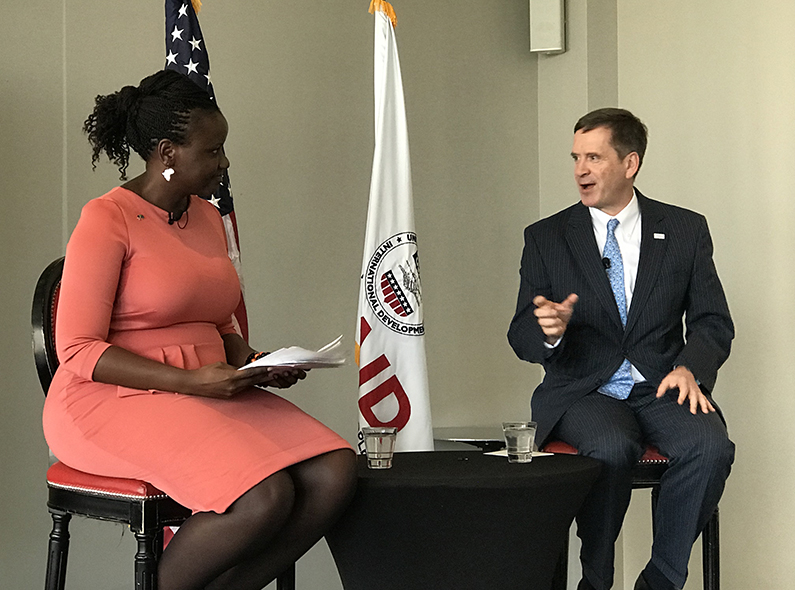
The event included a round of short, lightning-style talks by young leaders about exciting new youth initiatives supported by USAID and an afternoon “marketplace” where young entrepreneurs and partners shared youth-led innovations across several topics. Under the topic, “A Future in Agriculture and Food Security,” Chemonics shared its successful Youth on Wheels innovation.
The Youth on Wheels innovation spawned from private sector demand for more direct engagement with farmers contracted by Equator Seeds Limited (ESL) to produce quality seed. Agriculture extension agents play a key role in supporting and training farmers, and previously, visits were infrequent and insufficient. To fill this need for additional agents, ESL recruited 65 youth commercial bicycle and motorcycle transporters — called “boda boda” drivers — and trained them as community-based facilitators to deliver these services. With this training, community-based facilitators can supplement their transport business with seasonal income and provide hard-to-reach farmers with critical training and support. This innovation has increased the volume of quality seeds produced and built a youth-led, private sector-driven extension service.
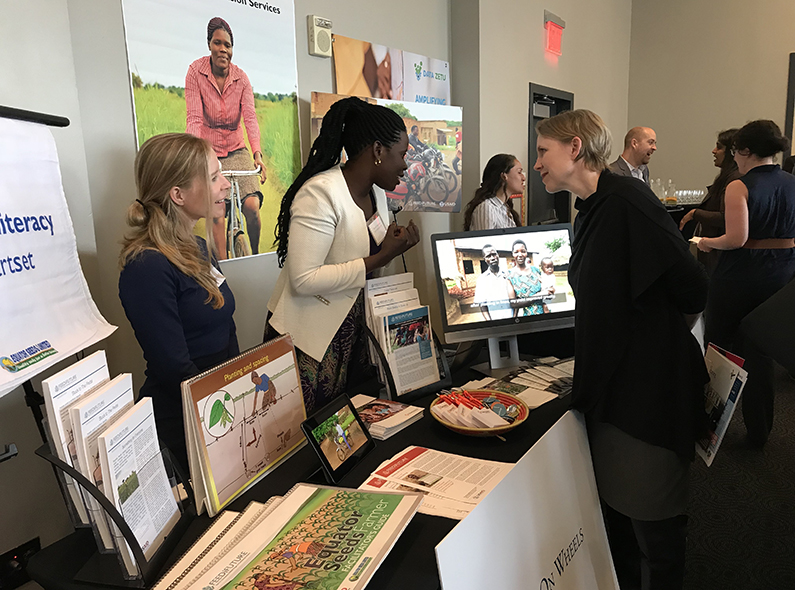
Representing ESL, Ugandan agronomist Annet Amony presented the Youth on Wheels innovation at yesterday’s event. Ms. Amony works with ESL to train and support their community-based facilitators, who in turn provide support to ESL contract farmers. The innovative Youth on Wheels has been so effective that ESL has expanded the approach exponentially. Ms. Amony has been instrumental in helping ESL grow its cadre of community-based facilitators from 65 to 240. To date, the facilitators work with 32,000 farmers (10,000 of whom are youth) and 5,000 youth processors.
“I’ve mentored these community-based facilitators; many of them are female,” said Annet, “and they are really great leaders. Some of the male youth, they used to spend most of their time in the streets, betting, drinking. But now, they are community-based facilitators. And they’ve managed to train 32,000 farmers! Some young and vulnerable — child mothers, single — but now their lives have really improved. In a household, they used to get $200 in one year, but now they get $1,200 in a year.”
To learn more about the Youth on Wheels innovation, watch this video.


















